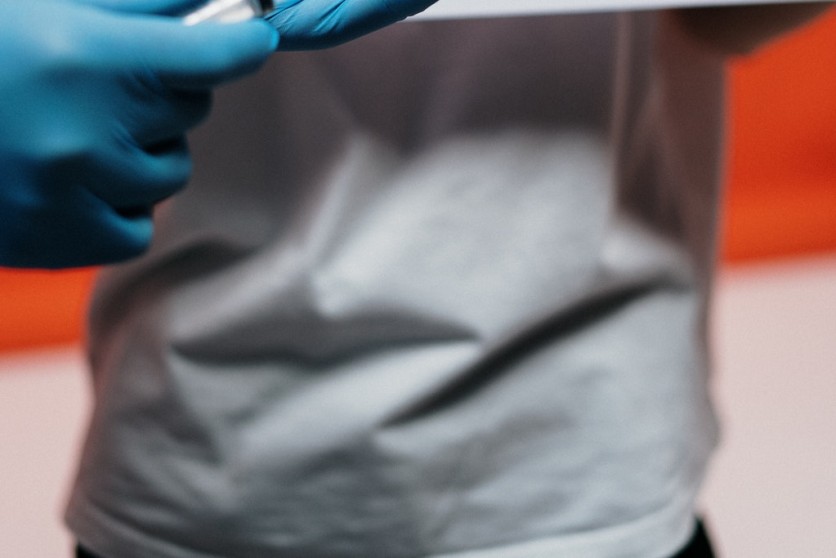On Thursday, Apr. 15, Pfizer CEO Albert Bourla stated that there is a "likely" need for people to get their third jab of the COVID-19 vaccine. The vaccine shot will be between six to 12 months after being vaccinated.
This could also be a way to fight other deadly coronavirus variants which are spreading around the globe since the mutations continue to happen.
Pfizer CEO Suggests Potential Third COVID-19 Shot

In an interview with CVS Health through Bertha Coombs of CNBC, Bourla said that the people will likely be needing a third shot of the COVID-19 vaccine for annual revaccination.
Moreover, this potential scenario will be further confirmed since the coronavirus variants are contributing a significant role in this action.
Bourla added that suppressing a group of people believed to be vulnerable to COVID-19 is "extremely" significant. This supports the move to conduct a third booster shot of the vaccine.
In February, Alex Gorsky, the CEO of Johnson & Johnson, commented that people should get a COVID-19 vaccine yearly as they do with the flu shots, CNBC reported.
However, the longevity of the protection against the coronavirus is not yet guaranteed by the experts after the people complete the vaccination.
Earlier this April, Pfizer claimed that it has over 91% efficacy rate in combating coronavirus. Additionally, upon receiving the second dose, the said COVID-19 vaccine will become more than 95% effective to the growing disease.
On the other hand, Moderna is said to share the same technology that Pfizer has been using. It was also concluded that its efficacy is guaranteed to be higher at six months.
Even though there are already over 12,000 participants who were involved as part of Pfizer's data, there is still a need to acquire more data to know when will the protection last after six months.
Read Also : 'Adenovirus' Ingredient on J&J, AstraZeneca's COVID-19 Vaccines-Why Do They Cause Alarm?
COVID-19 Booster Shots Could Protect People Against Coronavirus Variants
David Kessler, the COVID response chief science officer under the Biden administration said on Thursday, Apr. 15, that US Citizens are expected to receive additional booster shots to safeguard themselves against the mutating variants.
Kessler spoke to the lawmakers that while present vaccines are deemed to be effective, new coronavirus variants could be challenging and might affect how effective a vaccine shot is.
At the moment, he said that they did not know everything upon talking to the House Select Subcommittee on the Coronavirus Crisis.
Moreover, Kessler continued that they are focused on conducting tests on how durable is the antibody response.
"It seems strong but there is some waning of that and no doubt the variants challenge ... they make these vaccines work harder. So I think for planning purposes, planning purposes only, I think we should expect that we may have to boost," he added.
To comprehend the response of the vaccine to the new COVID-19 variants, Pfizer and BioNTech stated in February that they were experimenting with the possible third COVID-19 vaccine shot.
Last March, the new Moderna COVID vaccine underwent clinical trials spearheaded by the National Institutes of Health. This is also done to know if its protection is enough against the B.1.351 or the South African variant.
For Stephane Bancel, the CEO of Moderna the company is now on its move to have a booster shot which will be ready by fall.
Even though COVID-19 herd immunity is far from happening, the third shot could be a game-changer to prevent the deadly virus mutations.
This article is owned by Tech Times
Written by Joen Coronel
ⓒ 2025 TECHTIMES.com All rights reserved. Do not reproduce without permission.




